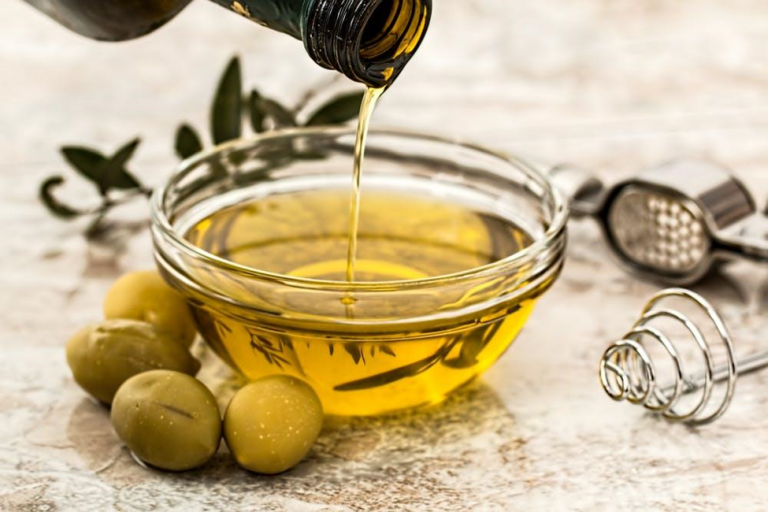
Knowing which oil is the best for your recipe!
Have you ever found a recipe that you desperately want to make but, maybe you don’t have the same ingredients it calls for? These situations usually means that substitutions need to be made or a trip to the grocery store to buy the proper ingredients. One of the ingredients you may be lacking is the specific cooking oil the recipe calls for. What is the difference in cooking oils? Why is it important to use the one required by the recipe?
A brief explanation of the different cooking oils
Vegetable oil
Fats derived from vegetable or plant seeds. Often used in recipes involving frying or baking and sometimes for sauteing, as well.
Sunflower oil
Fats derived from sunflower seeds. Often used in recipes involving frying and is also added to various cosmetics.
Canola oil
Fats derived from canola crop seeds. Often used for recipes involving baking.
Grapeseed oil
Fats derived from seeds of grapes. Often used in recipes involving vinaigrette but is also a common oil for massage therapists.
Olive oil
Fats derived from olives, typically in the Mediterranean. Often used in recipes involving salad dressings, frying or sauteing.

Coconut oil
Fats derived from the meat of the coconut. Often used in recipes involving baking, but can also be used topically on the skin as an anti-inflammatory, and moisturizer.
Why is it important to use recipe required cooking oils
Smoke point
Knowing the smoke point of the oil is one of the ways to choose the right oil for your specific recipe because each oil will burn and smoke at a different temperature.
If your recipe requires high heat (400 degrees Fahrenheit or more) then you may want to stick with vegetable oil, extra virgin olive oil or canola oil.
If your recipe requires cooking with more medium temperature (350 degrees Fahrenheit) then olive oil or virgin coconut oil for lower smoke point cooking temperatures.

Some of these oils may be requested in a specific recipe due to its ability to hold its own against higher temperatures. In this case, it is important to use the requested cooking oil or the recipe may not turn it as intended. For example, if you are frying some French fries in a deep day fryer and the recipe requests canola oil and you only have virgin coconut oil on hand, you may want to take a trip to the store for the canola oil. Canola oil will be able to withstand the high best of the deep fat fryer whereas the virgin coconut oil wouldn’t.
Flavor
Certain recipes may be requesting the use of a specific cooking oil for its flavor (or lack of flavor) that it would add to the end result of the recipe. For example, coconut oil has a very distinct flavor and it will add this flavor to any dish prepared with it. Alternatively, extra virgin olive oil is a more neutral-flavored cooking oil and may be used as a flavor carrier rather than a flavor added to the recipe.
Cooking oils that can be used as substitutions

Olive oil and extra virgin olive oil are versatile and neutral in flavor and can likely be used in nearly any recipe regardless of the required oil. However, olive oil and extra virgin olive oil are relatively similar in nutrition benefits and caloric amounts. The main difference between the two is that the extra virgin olive oil is a lighter taste and isn’t as thick of an oil as the regular olive oil.
Coconut oil can be a good substitute for butter in baking recipes. Just beware of its distinctive flavor. I myself am not a fan of the coconut flavor and would not consider it for a butter substitute. However, I love the smell of it and would consider it for a moisturizer or topical anti-inflammatory.